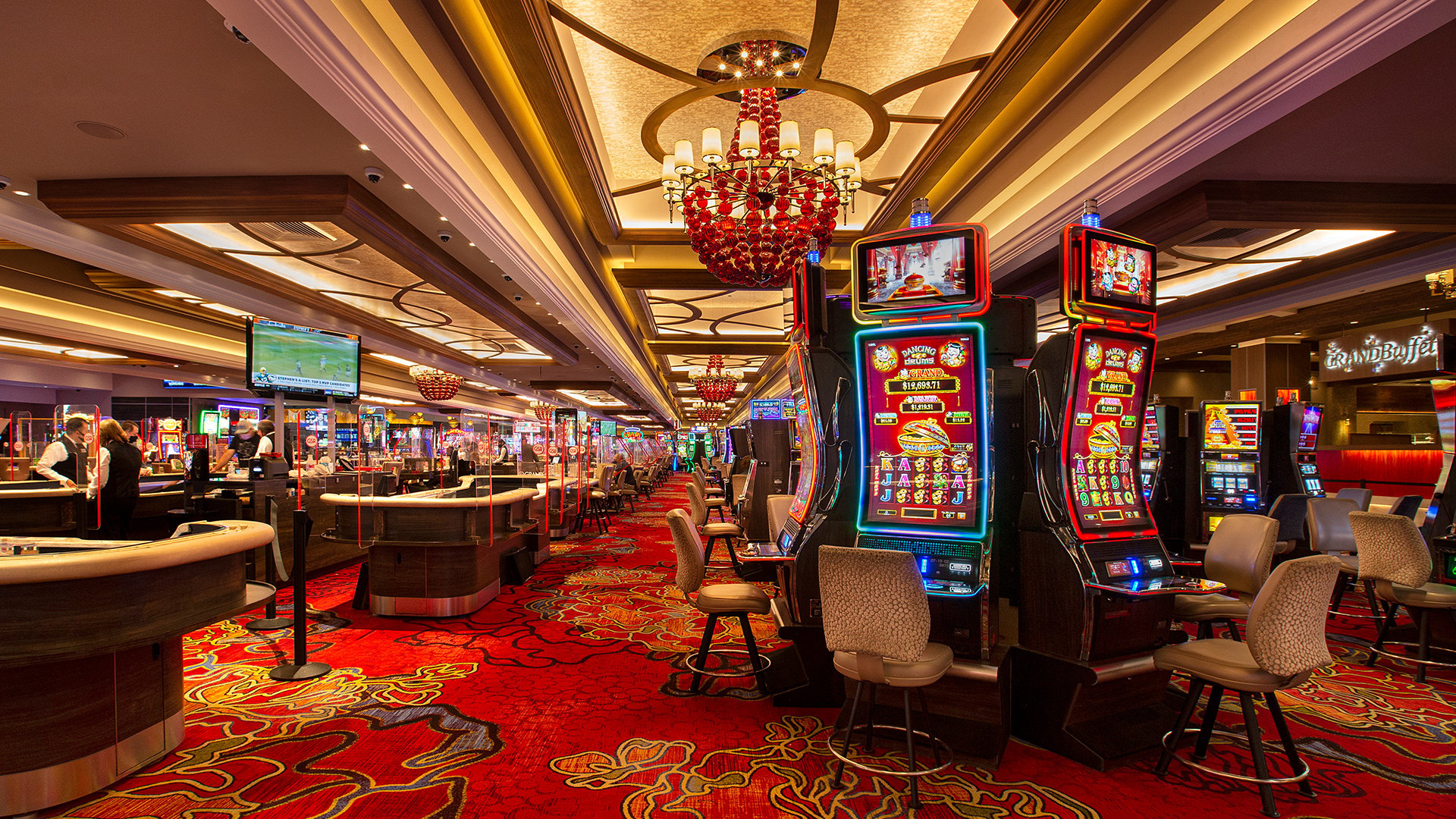
Anxiety is a complex and often overwhelming mental health condition that affects millions of people around the world. It can manifest in various forms-from persistent worry and restlessness to full-blown panic attacks-and has a significant impact on daily functioning, sleep quality, and overall well-being. While conventional treatments such as therapy and medication play a critical role in managing anxiety, there is increasing interest in complementary therapies that offer natural, holistic relief. Among these, massage therapy stands out as a powerful ally in massage jakarta the nervous system and restoring emotional balance. By working directly with the body, massage provides a soothing, grounding experience that allows the mind to breathe and the body to release its tension.
At the physiological level, massage therapy has a direct impact on the nervous system, particularly the autonomic nervous system, which controls our stress and relaxation responses. Anxiety often activates the sympathetic nervous system-also known as the “fight or flight” mode-leading to rapid heartbeat, shallow breathing, and muscle tightness. Massage, however, encourages the body to shift into the parasympathetic mode, or “rest and digest” state. This shift results in a slower heart rate, deeper breathing, and a sense of inner calm that can feel like a profound relief for someone used to living in a constant state of hypervigilance. Even a single session can bring noticeable changes in mood and energy, helping the anxious mind find a rare moment of stillness.
One of the key mechanisms behind massage therapy’s anxiety-relieving effects is its influence on brain chemistry. During a massage, the body naturally increases the production of neurotransmitters such as serotonin and dopamine, which are responsible for feelings of happiness and emotional stability. At the same time, cortisol-the primary hormone associated with stress-is significantly reduced. This hormonal balance not only eases physical symptoms like tight muscles and headaches but also brings a wave of mental clarity and emotional lightness. For individuals with anxiety, who often feel trapped in cycles of negative thought patterns and physiological tension, this chemical shift can offer a much-needed reset.
Beyond the biological effects, massage therapy also provides a safe and nurturing space that many people with anxiety deeply crave. The therapy room becomes a haven-a quiet, calm environment where the individual is allowed to relax fully without judgment or pressure. The presence of a skilled, compassionate massage therapist can be incredibly grounding, offering a sense of human connection that is gentle, non-verbal, and deeply reassuring. This touch-based therapy can help reduce feelings of loneliness, isolation, and disconnection, which are often tied to anxiety. Just knowing that one is being cared for in a respectful, supportive way can be a powerful catalyst for emotional healing.
Massage therapy can also help individuals become more aware of their bodies and emotional triggers. Anxiety often disconnects people from their physical selves; they may live in their heads, overwhelmed by racing thoughts and worst-case scenarios. Massage encourages a return to the body-it invites people to notice how they feel, to breathe more deeply, and to release the physical tension they may not even have realized they were carrying. Over time, this process of somatic reconnection can lead to greater emotional awareness and control. The ability to feel what’s happening inside the body-known as interoception-is a valuable skill in anxiety management and can lead to more effective coping strategies.
Regular massage sessions can also improve sleep, which is often disrupted by anxiety. Poor sleep contributes to heightened stress and decreased emotional resilience, creating a vicious cycle that exacerbates anxious symptoms. Massage helps to break this cycle by encouraging deep relaxation and promoting the kind of rest that the body and mind desperately need. With better sleep, individuals often notice a significant reduction in the intensity and frequency of their anxiety. They wake up feeling more refreshed, better able to focus, and more capable of handling daily challenges without becoming overwhelmed.
In the broader picture, massage therapy is a gentle but deeply effective complement to other forms of anxiety treatment. While it doesn’t replace the need for psychological support or medical care, it provides a crucial layer of physical and emotional relief. It helps to soothe the body, calm the mind, and create space for healing-all of which are essential in the journey toward managing and overcoming anxiety. In a world that rarely stops moving and often demands more than we can comfortably give, the quiet, restorative power of massage therapy offers a sanctuary-a way to come back to ourselves, breathe more easily, and feel truly at peace.
